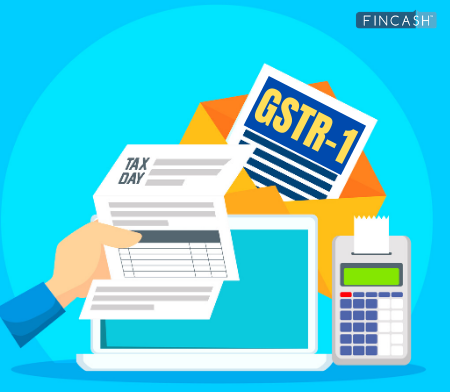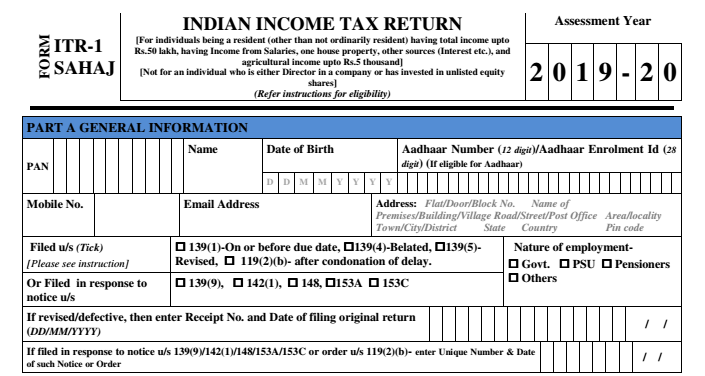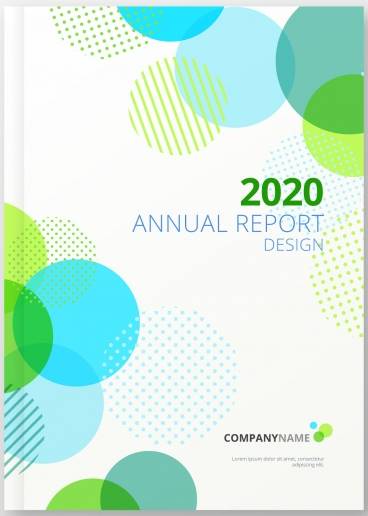
Fincash » Mutual Funds India » Major Financial Changes Effective from April 1
Table of Contents
- April 1, 2025 Updates
- 1. No Income Tax for Earnings Up to ₹12 Lakh
- 2. Inactive UPI Accounts Will Be Deactivated
- 3. Changes in Credit Card Reward Points
- 4. New Unified Pension Scheme Begins
- 5. Stricter GST Rules for Businesses
- 6. Higher GST on Luxury Hotel Stays
- 7. Revised Minimum Balance Rules in Banks
- 8. PAN-Aadhaar Linking Required for Dividend Payouts
- 9. KYC Mandatory for Mutual Funds and Demat Accounts
- 10. New Positive Pay System for Cheques Above ₹50,000
- 11. Higher Home Loan Limits Under Priority Lending
- 12. Increased TCS Limit for Foreign Transactions
- Additional Key Changes
- Impact on the Middle Class
- What Should You Do Now?
- FAQs
- Conclusion
Major Financial Changes Effective from April 1, 2025: What You Need to Know
Starting April 1, 2025, several new financial and tax rules will come into effect. These changes, announced in the Union Budget 2025 by Finance Minister Nirmala Sitharaman, will significantly impact your Income, banking, investments, and spending habits. Here's everything you need to know to stay informed and make the most of the new opportunities:
April 1, 2025 Updates
1. No Income Tax for Earnings Up to ₹12 Lakh
The revised tax slabs under the new tax regime mean that income up to ₹12 lakh will now be tax-free. Additionally, a standard Deduction of ₹75,000 ensures that salaried employees earning up to ₹12.75 lakh annually will pay zero tax. This provides a significant relief for middle-income earners.
2. Inactive UPI Accounts Will Be Deactivated
To maintain the security of digital transactions, UPI accounts linked to mobile numbers that have not been used for a long time will be deactivated. Ensure your number is active and updated before April 1 to avoid disruption in services.
3. Changes in Credit Card Reward Points
Credit card reward structures, particularly for cards like SBI SimplyCLICK, Air India SBI Platinum, and Axis Bank Vistara, will undergo changes as part of the ongoing merger of Air India and Vistara. Review your card’s reward policy to stay updated on these changes.
4. New Unified Pension Scheme Begins
The Unified Pension Scheme (UPS) will replace the old pension system, benefiting around 23 lakh central government employees. Employees with over 25 years of service will receive 50% of their average basic salary from the past 12 months as pension, ensuring a stable post-retirement income.
5. Stricter GST Rules for Businesses
The Goods and Services Tax (GST) portal will require multi-Factor authentication for login. Additionally, e-way bills can now only be generated using documents issued within the last 180 days. Businesses need to stay updated on these new requirements to avoid delays.
6. Higher GST on Luxury Hotel Stays
Hotels charging more than ₹7,500 per night will be classified as ‘Specified Premises’, attracting an 18% GST rate for restaurant services. Though input tax credit benefits will be available, businesses and travellers will face higher costs.
Talk to our investment specialist
7. Revised Minimum Balance Rules in Banks
Major banks such as SBI, PNB, and Canara Bank will enforce new minimum balance rules. Failing to maintain the required balance from April 1 may result in penalties. Ensure your bank accounts comply to avoid unnecessary fees.
8. PAN-Aadhaar Linking Required for Dividend Payouts
Investors must link their PAN with Aadhaar by March 31 to continue receiving dividend payouts. Failure to do so will result in higher tax deductions at source (TDS) and loss of tax credit benefits in Form 26AS.
9. KYC Mandatory for Mutual Funds and Demat Accounts
Starting in April, re-verification of nominee details will be mandatory for Mutual Funds and demat accounts to ensure compliance and prevent fraud.
10. New Positive Pay System for Cheques Above ₹50,000
Banks will now verify cheque details electronically before processing payments above ₹50,000 under the Positive Pay system, reducing cheque fraud.
11. Higher Home Loan Limits Under Priority Lending
Homebuyers can avail of higher loan amounts under the Priority Sector Lending (PSL) scheme:
- ₹50 lakh in metro cities
- ₹45 lakh in mid-tier towns
- ₹35 lakh in smaller cities
This is likely to help first-time homebuyers secure loans with lower interest rates.
12. Increased TCS Limit for Foreign Transactions
The Tax Collected at Source (TCS) limit for foreign travel, high-value transactions, and investments has been increased from ₹7 lakh to ₹10 lakh per year. This will impact those making substantial international transactions.
Additional Key Changes
1. Relief in TDS
The TDS exemption limit on dividend income has been increased from ₹5,000 to ₹10,000, benefitting equity and mutual fund investors. Similarly, the TDS exemption for bank interest has been increased from ₹40,000 to ₹50,000, providing relief to Fixed Deposit holders.
2. Changes in Pension Benefit Rules
Employees who joined government jobs after 2004 now have the option to shift to the Unified Pension Scheme (UPS), which guarantees 50% of the last salary along with dearness allowance (DA). This scheme aims to provide financial security for those nearing retirement.
3. Increase in Toll Tax
Toll tax rates on national highways will see an increase in some routes, including:
- Delhi-Meerut Expressway and Eastern Peripheral Expressway
- Toll charges from Sarai Kale Khan to Meerut will rise from ₹165 to ₹170
- Heavy vehicles on the Delhi-Jaipur Highway will face a ₹5 hike
4. Medicine Price Hike
Expect a slight increase in the prices of medicines for critical conditions such as painkillers, antibiotics, anti-diabetics, and cancer treatments. Patients and healthcare providers should plan for higher costs.
5. Gas Price Adjustments
The price of CNG and natural gas has risen by 4%, impacting CNG vehicles and power generation. However, LPG prices have seen a reduction of ₹41 for the 19kg commercial cylinder.
6. UPI Security Update
UPI apps will now update mobile numbers weekly to ensure accurate transactions. Explicit consent will be required before processing payments, reducing the chance of errors and fraud.
7. Changes in GST Rules
Multi-factor authentication will be implemented for e-way bill and e-invoice generation. Additionally, a new ISD mechanism will simplify input credit distribution for businesses.
8. Small Loans Will Be Cheaper
Banks will offer home loans up to ₹50 lakh in metro cities under Priority Sector Lending (PSL), likely leading to lower interest rates for buyers.
Impact on the Middle Class
Many of these changes will directly benefit the middle class, especially with the increased income tax exemption limits and relief on TDS for small investors. This means more disposable income for those earning up to ₹12.75 lakh annually, helping them plan better for their financial future.
What Should You Do Now?
1. Review Your Tax Planning
Now is the time to revisit your Tax Planning strategy. Make sure you benefit from the new tax slabs, TDS exemptions, and the Unified Pension Scheme if applicable.
2. Update UPI Details
To prevent disruption in services, update your UPI-linked mobile numbers before April 1. This will ensure seamless transactions and prevent service deactivation.
3. Complete PAN-Aadhaar Linking
To avoid penalties, ensure your PAN and Aadhaar are linked before the deadline. This will allow you to continue receiving dividends without higher tax deductions.
4. Plan for Higher Home Loan Limits
If you're planning to buy a home, check if you qualify for higher loan limits under the Priority Sector Lending scheme in your area.
FAQs
1. What changes from 1st April 2025?
A: Several new tax, banking, and financial rules will come into effect, including income tax slab revisions, UPI account deactivation, changes in Credit card rewards, and more.
2. Is the financial year starting from 1 April?
A: Yes, the financial year in India begins on April 1 and ends on March 31 of the following year.
3. Why does the financial year start from April and end in March?
A: The financial year runs from April 1 to March 31 due to historical reasons related to the agricultural cycle and tax collection schedules that were set by the British.
4. Which is the first day of the financial year?
A: The first day of the financial year is April 1, marking the start of the Fiscal Year for government and businesses.
Conclusion
With these significant financial changes coming into effect from April 1, 2025, it’s essential to review your tax planning, banking strategies, and investment portfolios. Stay compliant with the new rules to avoid penalties and maximise benefits. Don’t forget to plan ahead for future financial years by staying informed and proactive.
All efforts have been made to ensure the information provided here is accurate. However, no guarantees are made regarding correctness of data. Please verify with scheme information document before making any investment.












